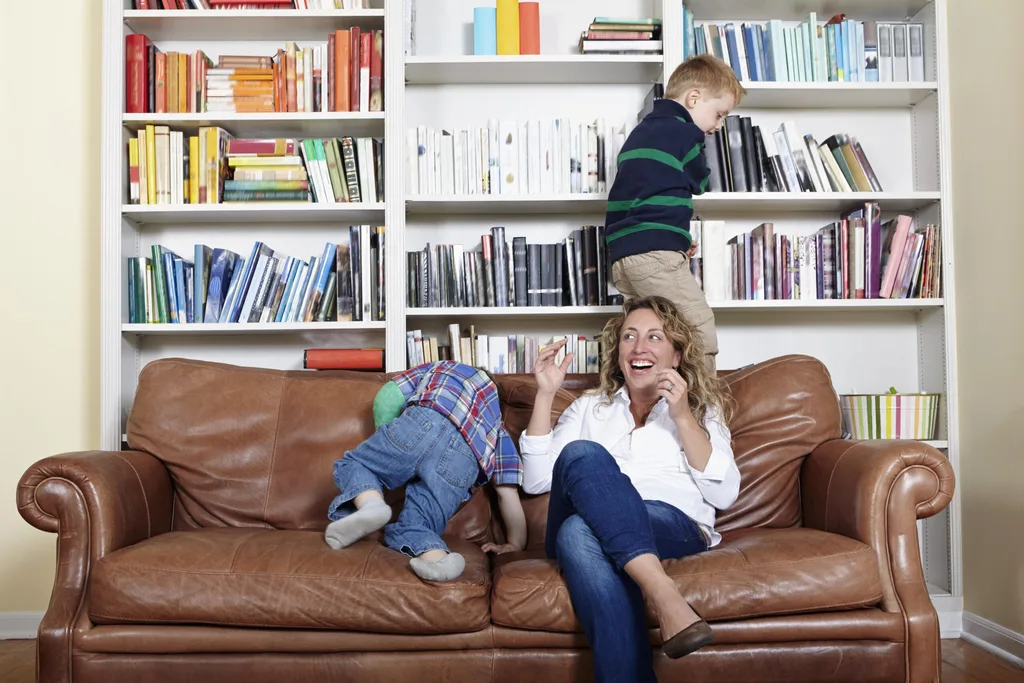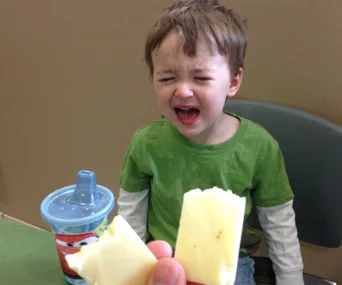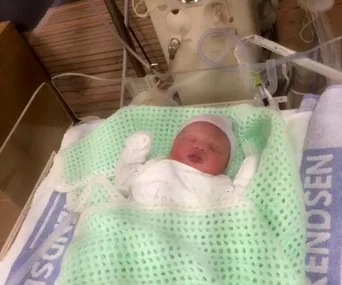Like so many other mums I know, I have been on the receiving end of judgmental looks and comments from strangers. My children are lively, and although they’re not deliberately naughty, their lust for fun has got them (and me) into trouble more times than I’d care to admit.
So it doesn’t surprise me that new research from Bellamy’s Organic found 83 per cent of mothers feel judged by strangers when their children misbehave in public. It doesn’t surprise me, but it does make me sad.
There were times, when my children were younger that I avoided going out all together. On low days, I couldn’t face the judgmental comments that would inevitably come my way the moment we stepped outside.
I was already very isolated, we’d moved to a new suburb and despite my best efforts, I had failed to make any local friends.
Walking to the park and then popping in to the shopping center to pick up groceries was my chance for adult interaction. And when that adult interaction resulted in judgmental comments about my lively children my self-esteem plummeted.

It’s so easy to judge a mother. You see a kid misbehaving and you react. You disapprove, and somehow that disapproval comes out of your mouth in a ‘tut-tut’ or worse, a comment.
But for the mother, who is already trying her best, the ‘tuts’ and comments could be the metaphorical straw that breaks her. They often broke me.
I asked family therapist Dr Karen Philip what mums can do to shrug off negativity from strangers. She tells me that the first thing is to try and re-frame the ‘judgmental looks.’
“Many times people will look strangely at the mother with a child behaving badly and feel sorry for her or have dreadful memories of their own struggles.
“So sometimes these ‘looks’ may be something else other that negative towards the mother,” she explains.
Keeping this in mind during those low parenting moments can help parents to keep their cool.
But while we might miss-read a judgmental look, a negative comment is likely to be real.
In these cases Dr Philip recommends the ‘turn the other cheek’ approach.
“If someone says anything critical, simply smile, thank them and walk away,” she says.
So next time you see little kids misbehaving, try to look the other way. More often than not, you’re not witnessing a bad mum, you’re witnessing a good mum having a bad moment. And there is a huge difference.
“They do not know you, your child, what may have happened in the day or in your life. It is simply a remark voiced by a sad, unknowledgeable individual who is out of line,” says Dr Philip.
“I implore all mums to ignore ignorance.”





